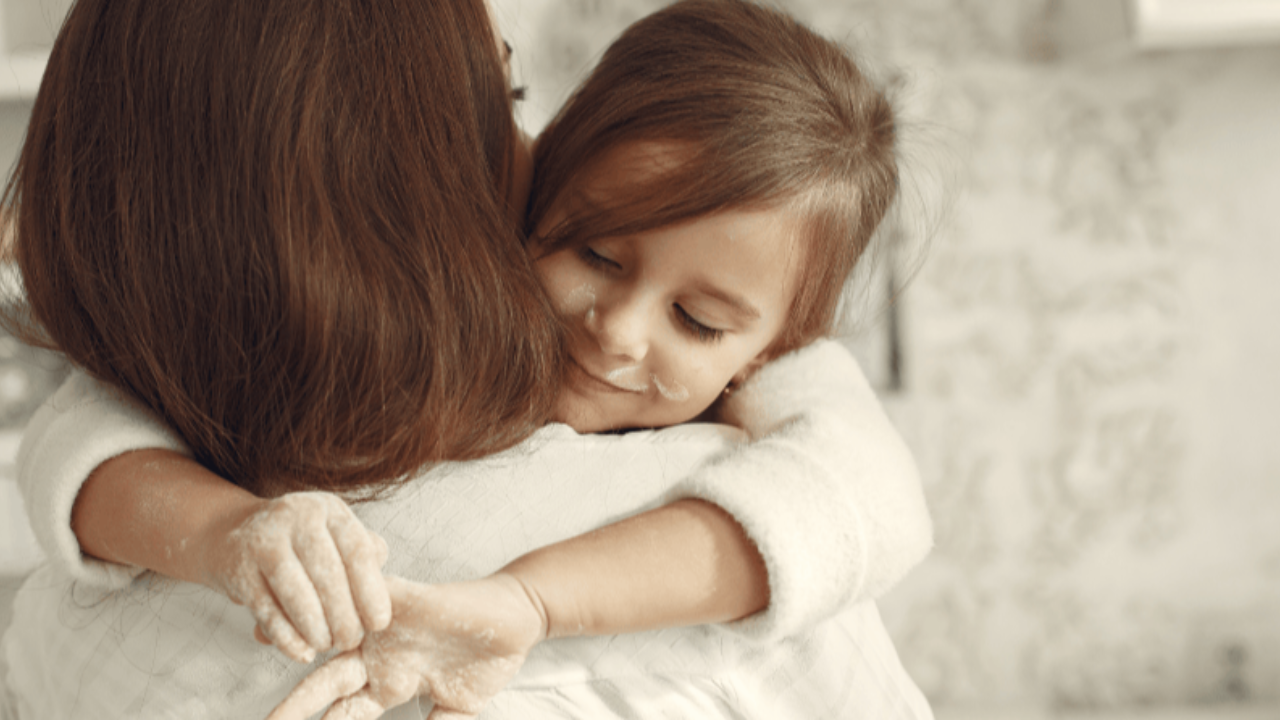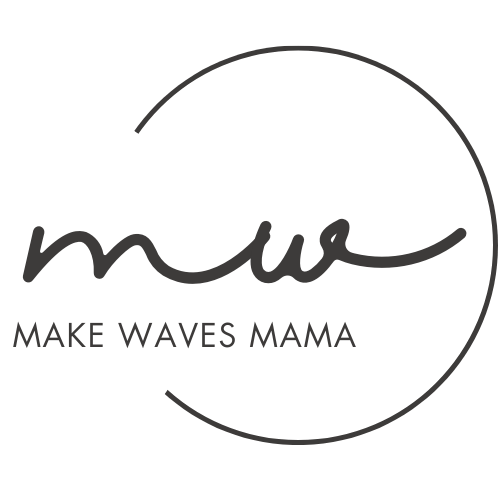How We Talk to Our Young Kids About Cancer: Age-Appropriate Conversations That Actually Work
May 05, 2025
When cancer hits your family for the second time, you think you'll be better prepared. You'd think explaining it to your 3 and 5-year-olds would be easier. You'd be wrong.
But through hours of conversations, play therapy observations, and some tearful mistakes, we've learned how to have these difficult talks in ways that help rather than hurt.
The First Essential: Use Real Words
Skip the euphemisms:
- Say "cancer" and "leukemia," not "boo-boo" or "owie"
- Explain it's cells that don't work right
- They will hear these words elsewhere
Why it matters: When my 5-year-old overheard someone mention leukemia at preschool, she came home and asked, "Is that what Daddy has?" Because we'd been using the word, she could process it as something familiar, not scary and unknown.
Age-Appropriate Explanations That Work
For 3-5 year olds:
- "Daddy has some cells in his body that aren't working right"
- "Doctors are like mechanics for bodies - they're fixing the broken parts"
- "The medicine might make Daddy tired, like how you feel after a big day"
The building blocks analogy: "Your body is like a castle made of blocks. Most blocks work great, but some aren't fitting right. The doctors need to fix those blocks so the castle stays strong."
My kids' favorite: "Meanie cells" - it's concrete, gives them something to visualize, and oddly empowering. They draw pictures of good cells fighting meanie cells.
Addressing Their Fears Directly
Three fears that come up constantly:
- Is it my fault?
- Can I catch it?
- Will you die?
How we address each:
#1: Not your fault "Cancer just happens sometimes. Nothing you did caused this. Not jumping on the couch that one time, not being loud in the car, nothing."
#2: Can't catch it "Cancer isn't like a cold or flu. You can't catch it from hugging, sharing food, or playing together. Cuddles are still safe."
#3: The hardest question We keep it age-appropriate but honest: "The doctors are working hard to help Daddy get better. Our plan is for Daddy to get well and be with us for a long, long time."
Using Play to Process
What we've observed:
- Post-diagnosis, their doctor play intensified
- Stuffed animals get "chemo ports" (pieces of felt)
- They act out hospital scenarios constantly
How we support this:
- "Yes, Doctor Bear, the medicine might make you sleepy"
- "How can we help Bunny feel brave for his treatment?"
- Creating "first aid kits" for stuffed animals
Maintaining Routines = Security
Non-negotiables in our house:
- Bedtime stories (even hospital nights)
- Weekend pancakes (even if delivered)
- Tuesday library visits (even if just curbside)
- Family movie nights (even if Dad's exhausted)
Why it matters: Predictability is comfort when everything else feels uncertain.
Signs They Need More Support
Watch for:
- Sleep pattern changes
- Increased clinginess
- Regression (potty accidents, baby talk)
- Aggressive behavior
- Drawing only sad or scary pictures
What worked for us:
- School counselor check-ins
- Extra one-on-one time with each child
- Validating their feelings without dismissing them
The Language That Helps
Instead of: "Everything will be fine"
Try: "We're doing everything we can, and many people are helping"
Instead of: "Don't be sad"
Try: "It's okay to feel sad. I feel sad sometimes too"
Instead of: "You're such a good helper"
Try: "It helps our family when you feed the dog. Thank you"
Activities to Stay Connected
Hospital-friendly ideas:
- Drawing pictures together
- Reading books about brave kids
- Making "Get well" videos for Dad
- Planting seeds ("Like Daddy, they get better with time")
At-home connection:
- Creating a "Daddy's treatment calendar"
- Writing letters Dad can read later
- Making a family gratitude jar
- Having "Daddy Days" where we do his favorite activities
Books That Help (where to buy here)
Our favorites:
- "When Someone You Love Has Cancer" (for direct explanations)
- "The Invisible String" (for connection during separations)
- "Dragons Get Cancer Too" (for empowerment and hope)
- "The Okay Book" (for emotional validation)
The Exhausting Truth About Honesty
Being truthful with kids about cancer is exhausting. They ask the same questions repeatedly. They test your responses. They need reassurance constantly.
But here's what we've learned: Children are far more resilient when armed with truth than when navigating a fog of half-explanations and overheard whispers.
When You Don't Have All the Answers
Script for uncertainty: "That's a great question. The truth is, I don't know that answer yet. But I promise to always tell you what I do know, and when we learn more, I'll share it with you."
What they really need to hear:
- You love them
- You'll keep them safe
- Their family is strong
- It's okay to feel whatever they feel
The Unexpected Gift
Through all the difficulty, our children have developed remarkable empathy. They notice when others are sick. They offer comfort naturally. They understand that medicine can help people feel better, even if it makes them feel worse first.
Remember: These conversations aren't one-and-done. They're ongoing dialogues that evolve as your children grow and your cancer journey progresses.
Need more support? [Download Your Cancer Conversation Guide →]
Stay connected
Sign-up for a mix of honest insights, tips, and stories delivered to you each week via Your Weekly Boost.
We hate SPAM. We will never sell your information, for any reason.

